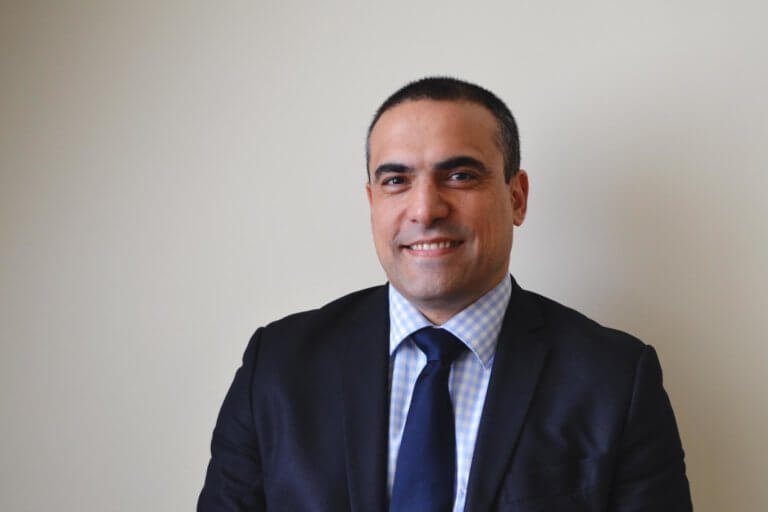• One in five (20%) FTSE 100 companies have Board Directors with a military background and 39% have ex-military senior directors
• 88% of ex-military entrepreneurs believe their training has helped them to be more successful
• 40% of retail investors believe companies run by senior executives with a military background are likely to be better run than those without them
• 38% of retail investors are more likely to invest in a company with a CEO who has a military background, compared to 11% who are less likely to do this
A new report from Professor Merlin Stone, a leading economist, shows that the leadership skills and strategic planning learned in the armed forces transfers very well to the business world, helping to deliver superior growth and investment returns.
Some 62% of senior executives interviewed believe business leaders with a military background perform better under pressure as a result, and 60% think that they are better at defining goals and motivating others to follow them.
The report says that the benefits of a military background extend beyond operating in established businesses: 88% of ex-military entrepreneurs believe their training has helped them to be more successful, and 27% said it made raising funds easier.
New analysis for the report reveals that one in five (20%) of FTSE 100 companies have Board Directors with a military background and four in ten (39%) of these have ex-armed forces senior executives. Looking at companies in the FTSE 250, 11% and 19% of these have ex-military Board Directors and senior executives respectively.
Furthermore nearly twice as many investment experts (IFAs) believe CEOs with a military background is a ‘positive’. Similarly, 40% of retail investors see companies run by senior executives with a military background as being an advantage, and 38% would be more willing to invest in a company with a CEO who has served in the armed forces against 11% who would be less willing to do this.
The report, which has been commissioned by TIME:REBOOT VCT, a new Venture Capital Trust (VCT) which is the first in the UK to invest exclusively in successful and dynamic businesses run by commercially proven ex-military entrepreneurs, says there are currently around two million ex-military people working in the UK, but with the current defence budget cuts, this number is growing.
Professor Stone’s report says thousands of highly trained military personnel are leaving the armed forces as a result of defence cuts, but as they enter the workforce and many set up their own businesses, they will provide a strong boost to the economy.
Professor Stone said: “Our research shows that many senior executives of companies and investors view a military background in entrepreneurs and people running companies as a positive.
“The UK military is highly professional and well trained, but as a result of defence cuts many of its personnel are moving on from active service and entering the workplace, which is very good news for our economy and jobs.
“From an investment perspective, companies run by former military personnel have a measureable competitive advantage, and investors need to be aware of the opportunities this presents.”
Nigel Ashfield, Managing Director of TIME Investments said: “We have considerable experience of the SME and VCT market and have identified some incredibly strong and financially exciting businesses run by ex-military people to invest in. As a result of this, we are confident of delivering – on a conservative basis and including tax relief – growth in excess of 70% over the first five years and to double our investors money over 10 years.
Stuart Nicol, Founder of Reboot Ventures, who served with the Argyll and Sutherland Highlanders and ran successful VCTs for Octopus Investments said: “By investing in businesses run by ex-military entrepreneurs we expect to be able to prove a positive relationship between military service and entrepreneurial ability. We will do so whilst making money for our investors. This has far reaching benefits to our economy and on the costs and benefits of serving in our Armed Forces.”
Tim Hames, Director General of the British Venture Capital Association said: “TIME:REBOOT VCT is an excellent use of Government tax relief and the kind of honest, innovative finance we need to grow our small businesses and make sure the best people are leading them.”
Christopher Benarr, Head of UK Clients at Berkeley Square Wealth Group said: “It is great to see TIME:REBOOT VCT’s unique investment concept, which couldn’t be better timed as there’s so much support for the military and ex-military amongst my clients. I really like the prudent portfolio approach, aiming to protect the downside and still generate exciting returns.”
Senior executive and financial intermediary viewpoint
• 28% of senior executives interviewed believe that companies run by senior executives with a military background are better run than those who don’t have this. The corresponding figure for financial intermediaries is 32%.
• 27% believe that over the long term, companies run by ex-military people offer potentially higher returns for investors than their competitors – 40% said it has no impact. The corresponding figures for IFAs are 24% and 37%.
• 76% believe that senior executives with a military background have better organisational skills as result of this, and 62% believe that they remain calmer under pressure. 60% think that they are better at defining goals and motivating others to follow them. The corresponding figures for IFAs are 90%, 75% and 68%.
Entrepreneurs with a military background
• 88% of entrepreneurs with a military background believe that the experience they have gained as a result of this has made them more successful as business people.
• 91% believe that they remain calm under pressure because of this background, 88% say that it means that they are better at defining goals and motivating people to follow them, and 84% think they have better organisational skills.
• Some 27% think their military background has helped them to raise funds for their business, against only 3.6% who think this has hindered them here.
Research from an earlier report revealed that companies in the S&P 500 run by CEOs with a military background delivered higher returns that the S&P 500 index over one, three, five and 10 years. It also revealed that they tended to survive longer in their roles– probably because of their market beating performance. They boasted a median tenure of five years and an average tenure of 7.2 years, compared to four years and 4.5 years for all S&P 500 CEOs.
























